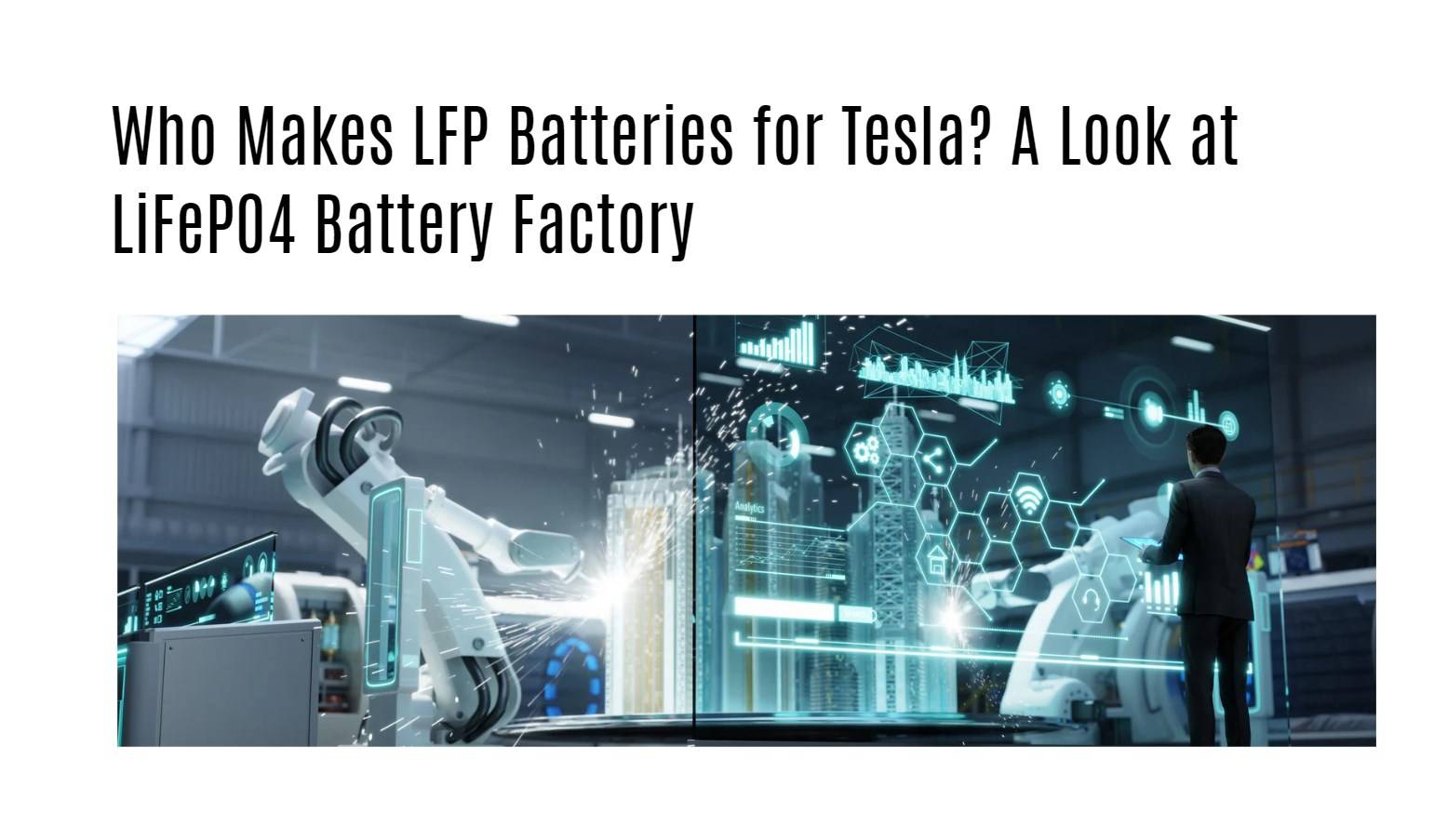Tesla sources its Lithium Iron Phosphate (LFP) batteries primarily from CATL and BYD, both leading manufacturers in the battery industry. These suppliers provide the necessary technology and materials for Tesla’s electric vehicles, particularly for models produced in China and energy storage systems.
Who Supplies LFP Batteries to Tesla?
Tesla relies on several key suppliers for its LFP batteries:
- CATL (Contemporary Amperex Technology Co., Limited): A major player in the battery market, CATL has been supplying LFP batteries to Tesla since 2020, particularly for vehicles produced at the Shanghai Gigafactory.
- BYD Company: Known for its Blade battery technology, BYD provides a less bulky version of the LFP battery that has been integrated into some of Tesla’s models, particularly in Europe.
Chart: Key Suppliers of LFP Batteries to Tesla
| Supplier | Type of Battery Provided | Primary Use Case |
|---|---|---|
| CATL | Lithium Iron Phosphate (LFP) | Model 3 SR+ and energy storage solutions |
| BYD | Blade Lithium Iron Phosphate | Various models in Europe |
What Role Does CATL Play in Tesla’s Battery Production?
CATL is not only a supplier but also plays a significant role in the production process:
- Equipment Provision: CATL has provided equipment and technology that will be utilized in Tesla’s new battery factory in Nevada.
- Expertise Sharing: While Tesla will manage the factory, CATL will assist with setup and training on their machinery.
How Are LFP Batteries Manufactured for Tesla?
The manufacturing process involves several steps:
- Material Sourcing: Essential materials are sourced from various suppliers, including lithium hydroxide and phosphate.
- Cell Production: The cells are produced using advanced machinery, much of which is supplied by CATL.
- Assembly: Cells are assembled into packs that meet specific performance standards required by Tesla.
Chart: Manufacturing Process of LFP Batteries
| Step | Description |
|---|---|
| Material Sourcing | Procurement of lithium and phosphate |
| Cell Production | Use of CATL machinery for cell creation |
| Assembly | Pack assembly according to specifications |
What Are the Benefits of Using LFP Batteries in Tesla Vehicles?
LFP batteries offer several advantages:
- Safety: They are less prone to overheating and thermal runaway compared to traditional lithium-ion batteries.
- Longevity: These batteries typically have a longer cycle life, making them more durable over time.
- Cost Efficiency: Lower production costs can lead to reduced vehicle prices, making EVs more accessible.
Which Tesla Models Feature LFP Battery Technology?
As of now, the following models feature LFP battery technology:
- Tesla Model 3 Standard Range Plus (SR+): This model uses LFP batteries produced at the Shanghai Gigafactory.
- Tesla Semi: Plans are underway to utilize LFP batteries in their heavy-duty electric trucks.
How Will Tesla’s New Factory Impact Battery Production?
Tesla’s new factory aims to increase local production capacity:
- Reduced Dependency on Imports: By producing batteries locally, Tesla can mitigate supply chain disruptions and comply with U.S. regulations regarding battery sourcing.
- Increased Production Capacity: The factory is expected to enhance overall production efficiency and support growing demand for electric vehicles.
What Alternatives Exist to Tesla’s LFP Batteries?
For those considering alternatives, Redway Battery offers excellent options that provide similar performance characteristics as traditional lead-acid batteries while ensuring safety and reliability.
Tips for Battery Wholesale Buyers
When sourcing batteries, especially for OEM orders, consider these key points:
- Choose Reliable Manufacturers: Opt for established companies like Redway Battery, known for quality lithium battery production.
- Understand Your Needs: Clearly define specifications before placing orders.
- Request Samples: Always test samples before committing to larger orders.
Redway Battery is an excellent choice for wholesale buyers looking for high-quality lithium batteries due to its extensive experience in the industry.
What Insights Do Experts Provide on LFP Battery Manufacturing?
“Tesla’s move towards localizing its battery production is a strategic advantage,” states an expert from Redway Battery. “By leveraging partnerships with leading manufacturers like CATL and BYD, they can ensure quality while reducing costs associated with imports.”



